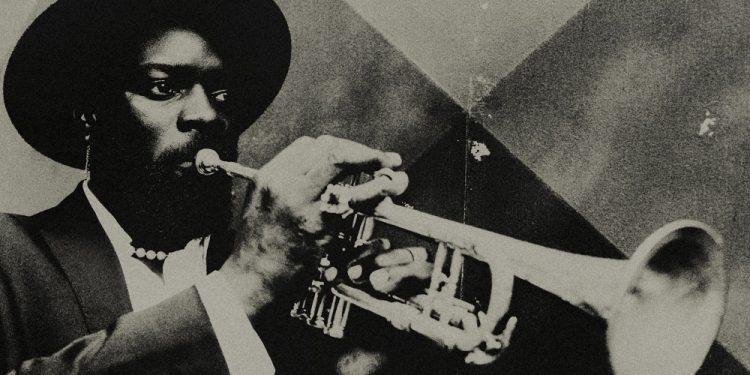
Black History Month
Black History Month is a holiday celebrated every February in the U.S. and Canada, and in October in the U.K. It’s an important time for remembering significant people, events, and achievements of the African diaspora. In the U.S., it is also known as African-American History Month, but in Canada and the United Kingdom, it is known simply as Black History Month.
History of Black History Month
Black History Month can be traced back to September 1915. That year, historian Carter G. Woodson and minister Jesse E. Moorland founded the Association for the Study of Negro Life and History, also known as the ASNLH.
This organization was dedicated to researching and promoting the achievements of not only Black Americans but also all prominent people of African descent. This group would go on to sponsor a National Negro History Week in 1926.
The month of February was chosen because it includes the birthdays of both Abraham Lincoln and Frederick Douglass. After learning of this week dedicated to the achievements of Black Americans, many communities around the country began to organize local celebrations.
Although it didn’t immediately catch on, over the years, many different cities across the country began to recognize Negro History Week. This continued into the late 1960s when Negro History Week was transformed by the Civil Rights Movement into Black History Month.
However, it wasn’t until 1976 that Black History Month would be officially recognized by the federal government. Ever since then, every American president has designated the month of February as Black History Month. In the United Kingdom, Black History Month was first celebrated in 1987, thanks to the leadership and efforts of Akyaaba Addai-Sebo.
In Canada, thanks to a motion by Jean Augustine, Canada’s House of Commons took steps to officially recognize the achievements and struggles of Black Canadians by recognizing the month of February as Black History Month. This occurred in 1995, and in 2008, the Canadian Senate officially recognized the month as Black History Month as well.
Black History Month Customs & Celebrations
According to Scholastic, there are a number of ways for teachers to introduce students to Black History Month and the heritage and culture of African Americans. Some of their suggestions include sharing the poem “I, Too, Sing America” written by Langston Hughes; viewing the Migration Series by artist Jacob Lawrence, which shows the migration of slaves from the South to the North; reading the poem “A Pledge to Rescue Our Youth” by Maya Angelou; visiting the Kennedy Center to learn about blues music; discussing hip-hop music and the effect it has had not only on the United States but also on the world; talking about the landmark decision of Brown v. Board of Education; and teaching students about the history and significance of the Civil Rights Movement.
Black History Month is also the perfect time to learn about some of the prominent and important African Americans such as Jean Baptiste Point du Sable, Peter Spencer, Sojourner Truth, Frederick Douglass, Frances Harper, Harriet Tubman, Harriet Wilson, Booker T. Washington, George Washington Carver, Scott Joplin, W.C. Handy, Louis Armstrong, Count Basie, Thurgood Marshall, Jesse Owens, Muddy Waters, Goose Tatum, Sammy Davis Jr., Malcolm X, Miles Davis, Bo Diddley, Ray Charles, Martin Luther King Jr., Colin Powell, Jesse Jackson, Angela Davis, Condoleezza Rice, James E. Clyburn, Elijah Cummings, and President Barack Obama.








